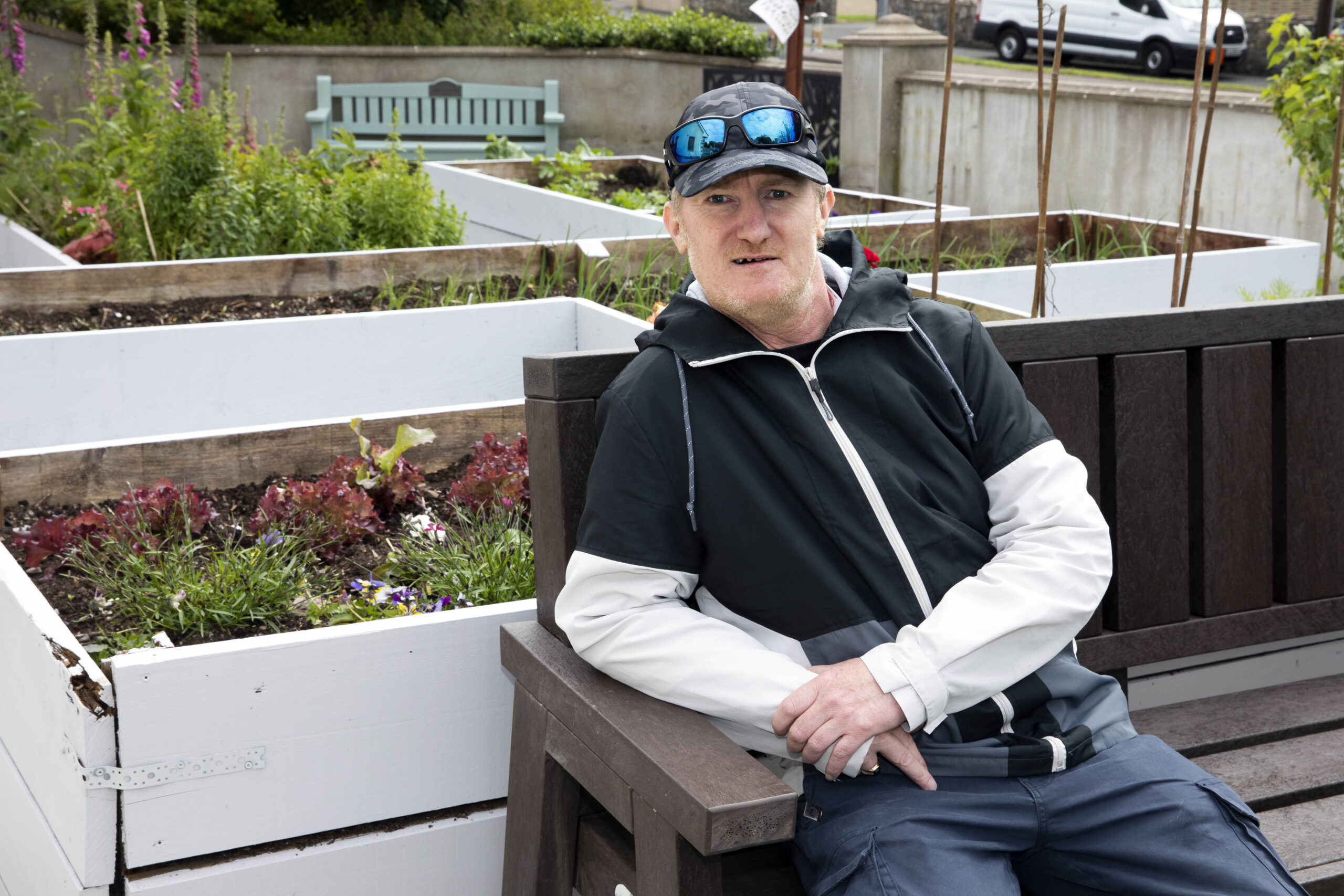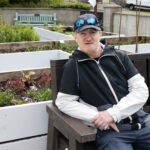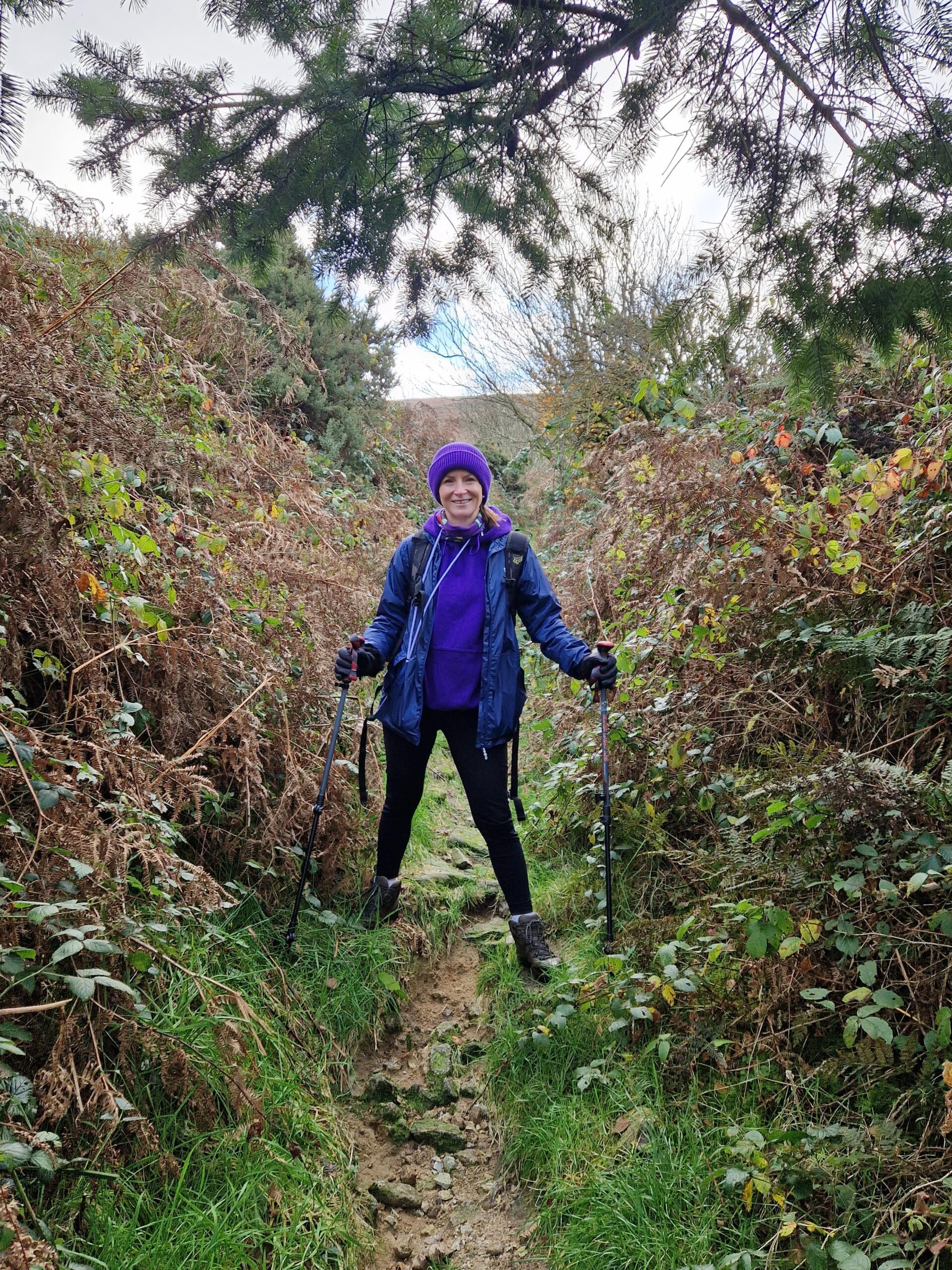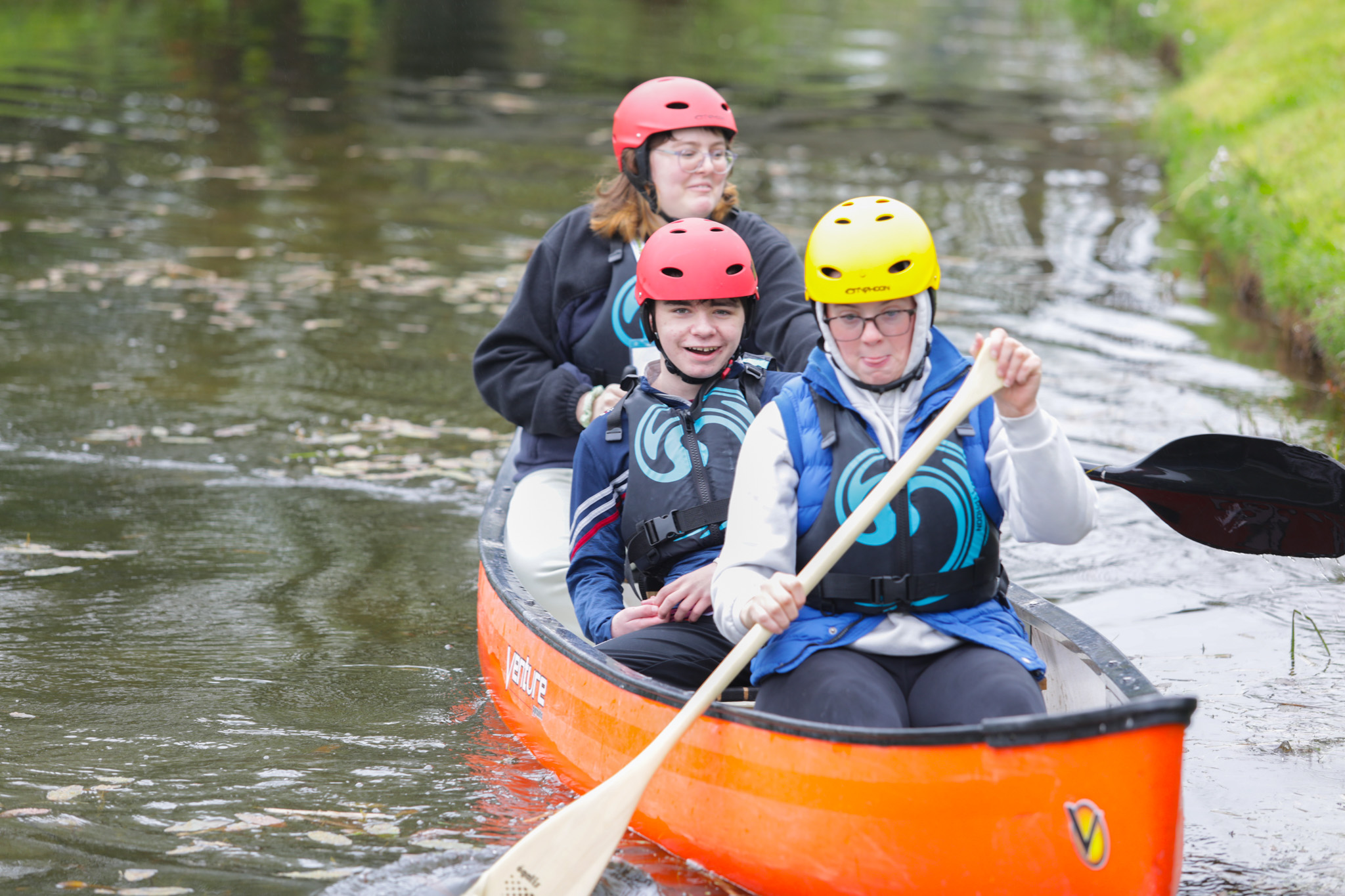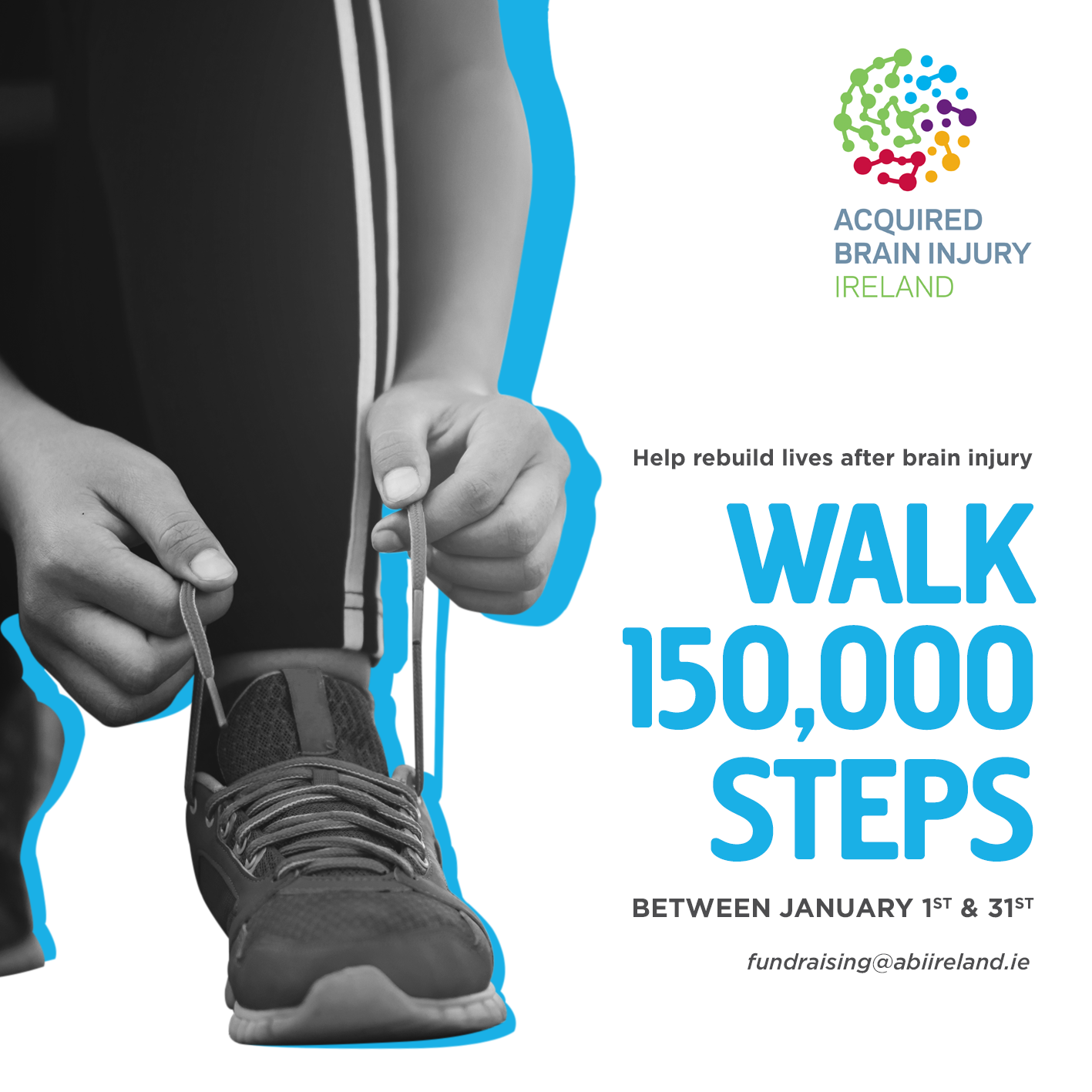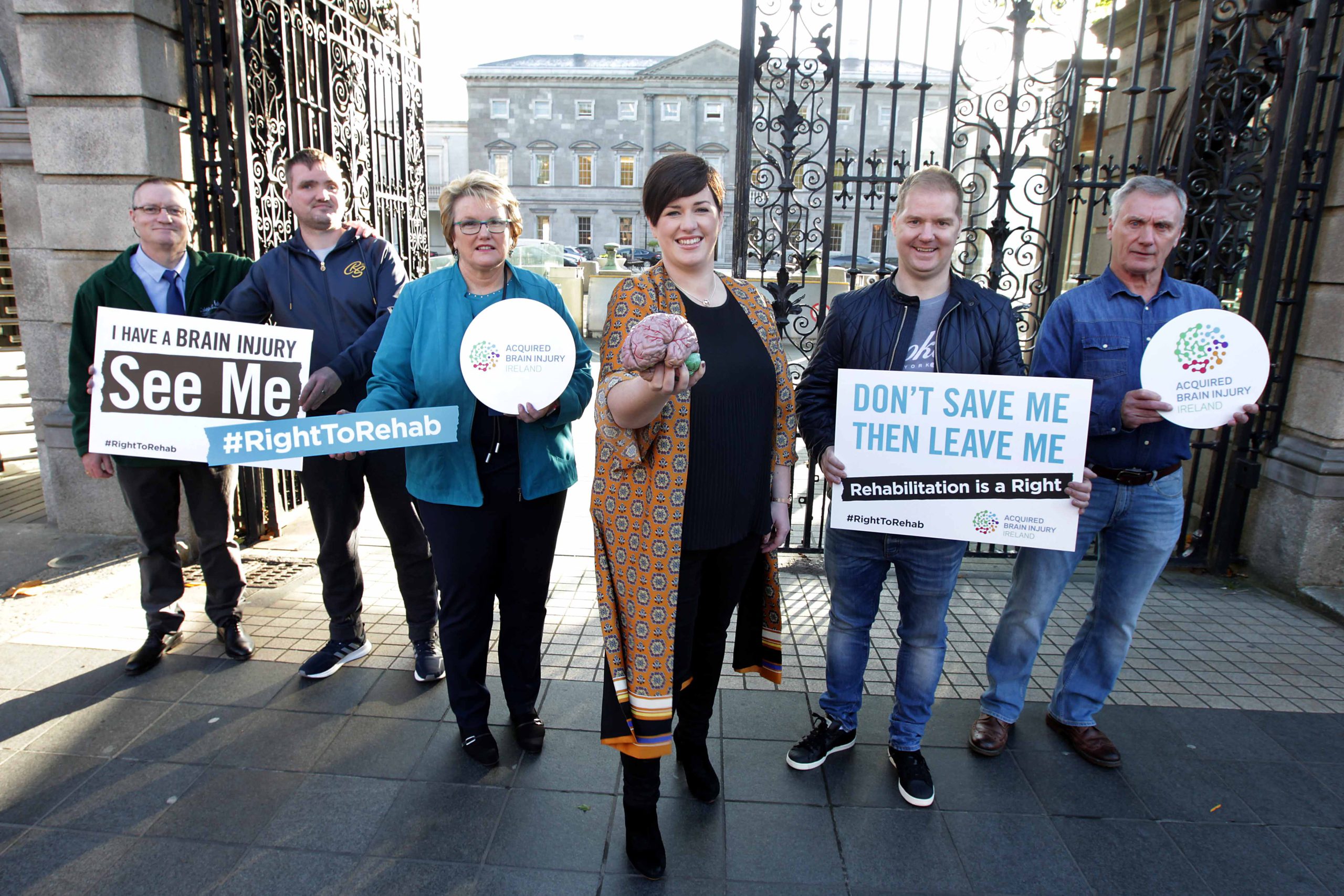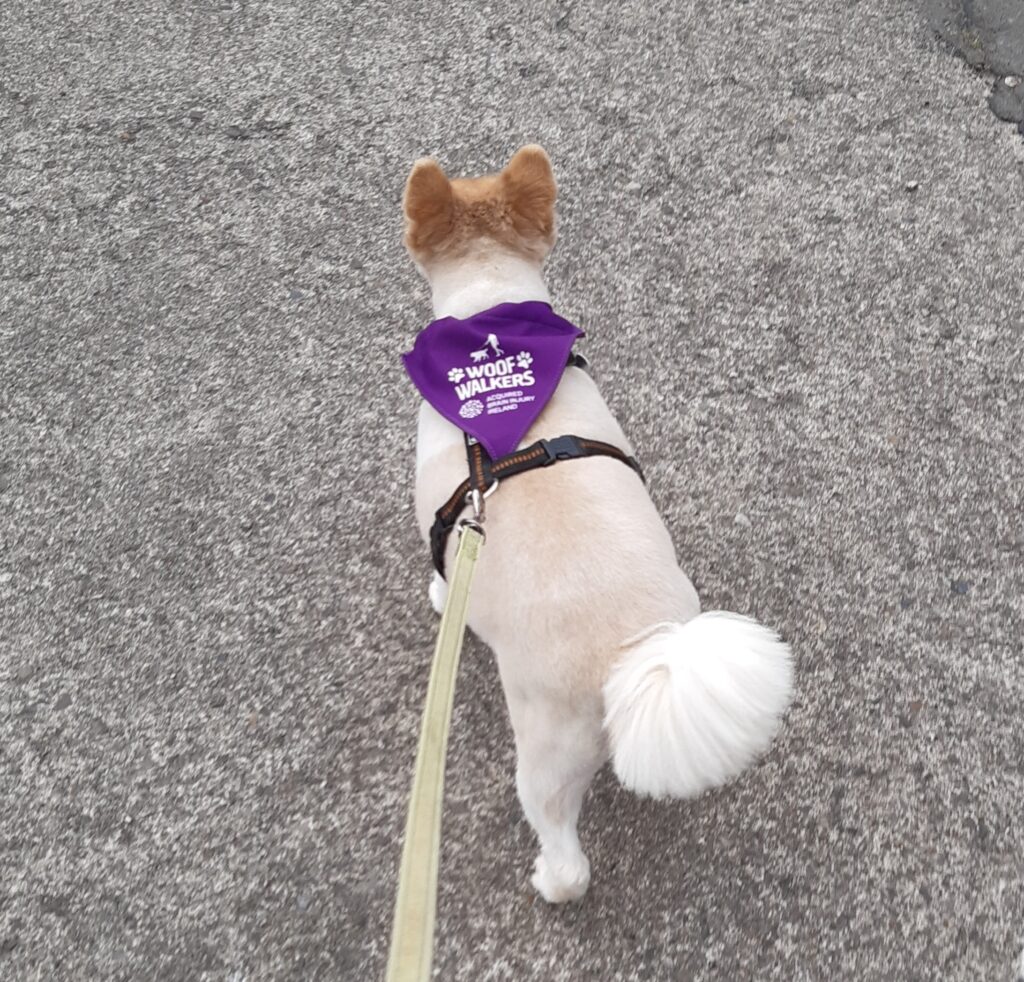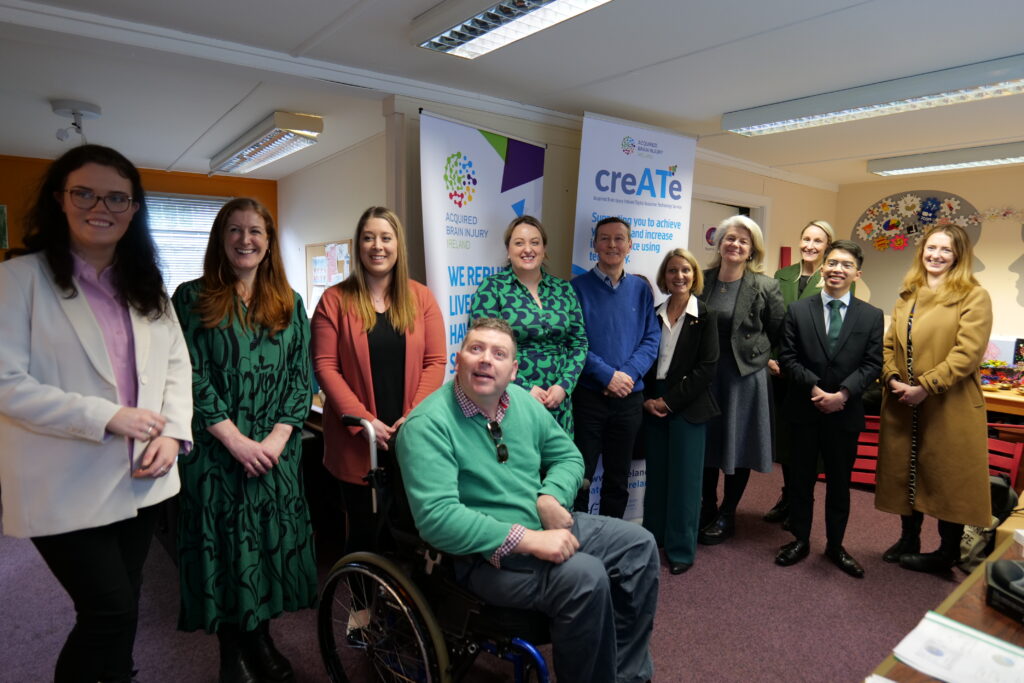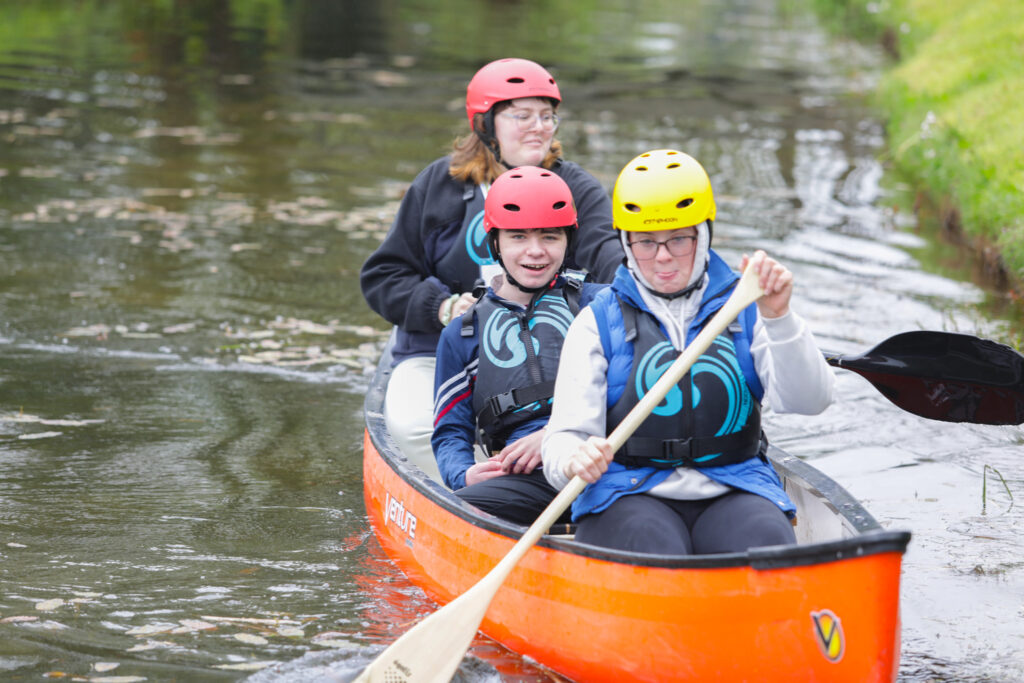Acquired Brain Injury Ireland (ABII) today called for engagement with the HSE and Department of Health to help move hundreds of people out of nursing homes and into a pathway of rehabilitation, greatly improving their lives.
ABII said it can provide many of the solutions needed to address issues raised in the Ombudsman’s Wasted Lives Report – and called for Government backing to begin a process of developing and implementing a response.
ABII can provide solutions to Ombudsman’s concerns by:
- Assisting the journey back to a home setting
- Helping people to access services they need
- Providing Rehabilitation Assistants and Case Management.

